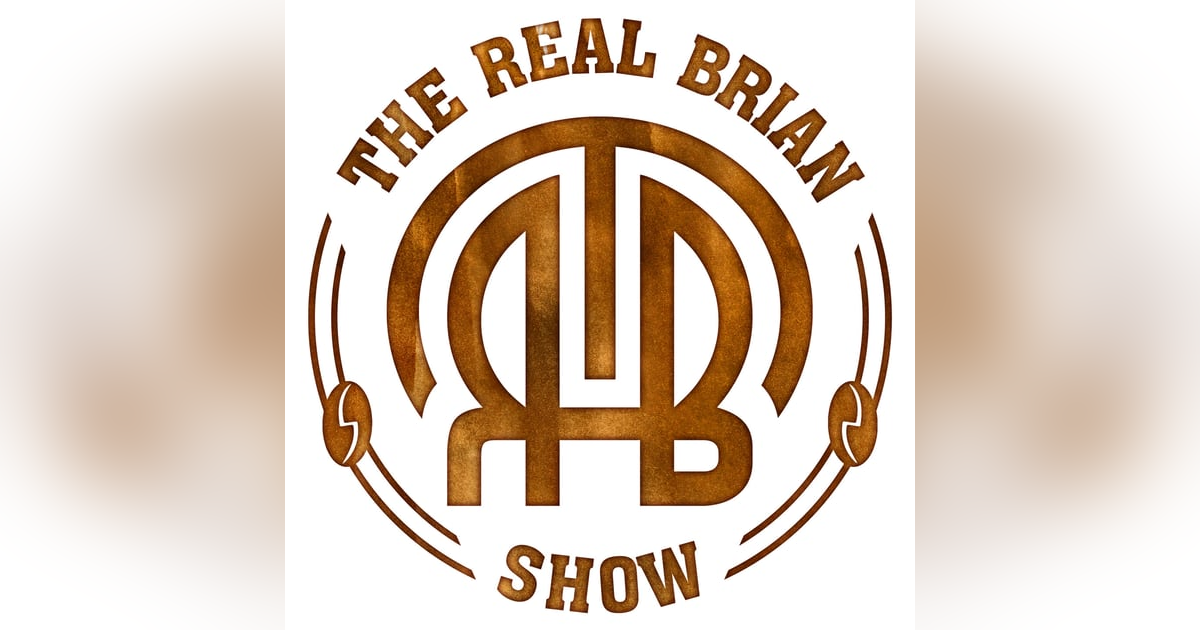87: What You Think, Manifests | Basketball | Alien: Isolation | Scheel’s | Guinness and Gouda Bread | Will Smith

When circumstances dominate us it is easier to notice how the things we think manifest in our lives. Let's talk about balance and how we can turn the negative outcomes into positive ones! Camron is back from the city that never sleeps, so he and Brian...
When circumstances dominate us it is easier to notice how the things we think manifest in our lives. Let's talk about balance and how we can turn the negative outcomes into positive ones! Camron is back from the city that never sleeps, so he and Brian dive right into another fantastic Superhero Friday installment of The Real Brian Show.
In This Episode
- Do you like Autumn? Hopefully more than the Nightfox...
- Guinness and Gouda Bread, courtesy of Great Harvest
- Will Smith's motivational sky diving speech
- What we think about ourselves and about our situations manifest
- Happiness is a choice
- Alien: Isolation and Overwatch comments
Manifests
“What you sow in thought, either useful or useless, manifests itself sooner or later in your circumstances.”
Cogito ergo sum. I think, therefore I am. It's a phrase people toss around like candy at an Independence Day parade, thinking there is so much pride in thinking and, thus, being. The phrase, originally penned by Rene Descartes (philosopher from the 1600s), was fascinated by the idea that in order to contemplate doubt our existence, we also must have the capability of doubting (thinking), which thereby negates any doubt we can have over our existence.
In the centuries since Descartes' day, many people have taken his words in many directions, have argued semantics and have been skeptical of proper definitions... but if we strip all that away for a moment and just meditate on the basic premise, we're left with a stunning realization that we're only capable of questioning the things we have enough knowledge on to know any different way of being.
Follow? It's kind of interesting. I had the issue as a kid of being well-read, but lacking formal instruction around pronunciation. I read a lot of stories and inferred many words from context, but the building blocks of language were only beginning to come together for me and, as a result, I didn't know how to pronounce a lot of the words I was reading. The one that I always remember most vividly is the word facade. Properly pronounced, it sounds like fuh-sawd. The way I pronounced it was more like fah-cayd. But I never questioned the word, or pronunciations in general, up until I said the word in public and was lovingly chided. I didn't know enough to question the pronunciation, but after I did... it became quite consuming and is still something I work on getting correct to this day.
Brian and Camron talk a lot about how our situations perpetuate our thought process, and vice versa. What we think about ourselves and our situations begins to manifest. Like biting the same spot on the inside of your mouth repeatedly, we inadvertently point ourselves to the things we think even when it stuff we don't want.
Inversely, as Brian points out, we are fully capable of producing positive effects from this tendency! When we can be confident about decisions, about who we are and why we know what we know, we can think about things that point us to what we want and achieve those goals. Having the capacity to question ourselves is a great tool, but it should be a tool we wield in order to grow and better ourselves and our circumstances instead of it becoming a road block.
Links
- Will Smith's Motivational Sky Diving Speech



















